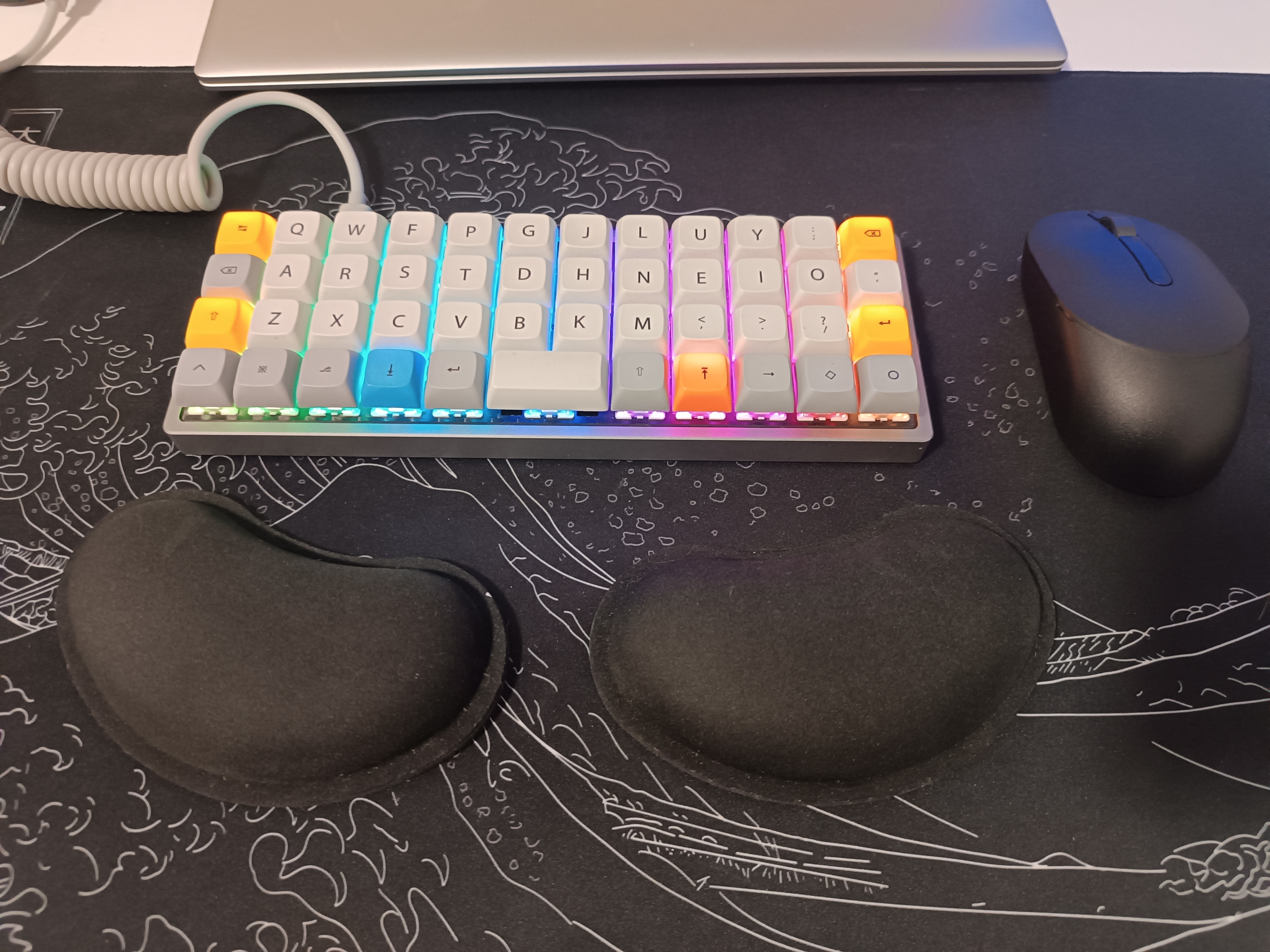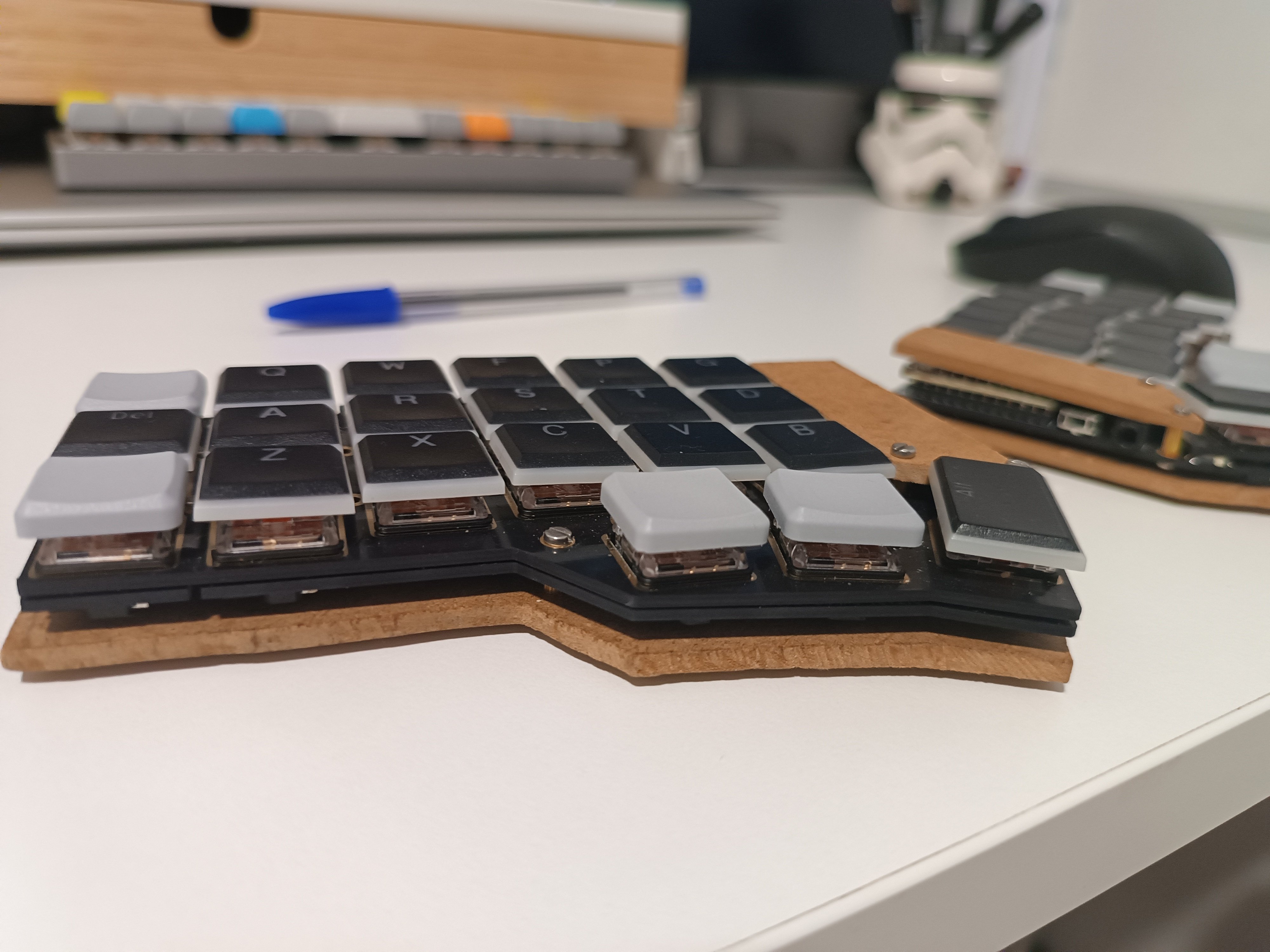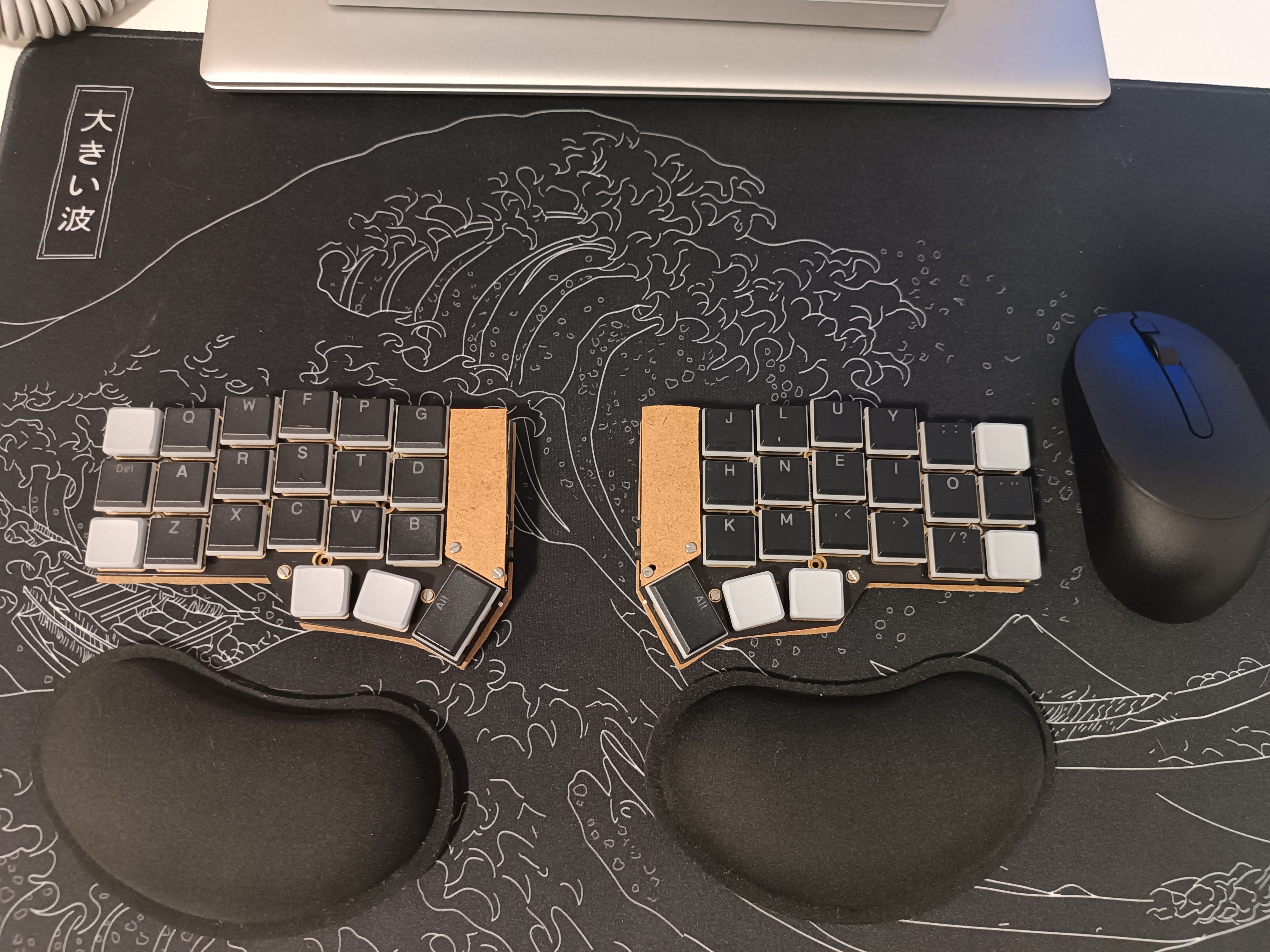In Graphene Os site, it says it has 3 years of support left. Normally my phones don't last that long. So it's fine for me, but obviouly I would recommend going for a newer Pixel version if you find a good deal. Edit: typo.
orosus
If you buy them second hand they are not expensive, I bought recently a Pixel 6 in backmarket for 200€ and it works perfectly.
Does this EU's Digital Markets Act also applies for Android and all the preinstalled apps by Google and the phone manufacturer?
I work from home and still prefer living in the city center, despite being more expensive. Not due to the museums but due to the closeness to restaurants, pubs and clubs. How am I supposed to go back home if I am drunk and I cannot drive. The city center is for the people not for office buildings.
The MM-DD format, as a euro, pisses me off. I use YYYY-MM-DD though. It's the recomended format by ISO, and it allows me to name files with that format and sort by name.
I really hope so, it should be taught, because for me it was a slow learning process. First I started using Obsidian, and moving all my notes from Evernote, Notion, and others manually. After that I moved to Logseq, which is like Obsidian but open-source. And the last step was using an open-source syncing tool (Syncthing) to have my notes synced locally in all devices. And now I have been 2 years self-hosting my notes in a really easy way.
U. t. c. s. stands for: "usese también como sustantivo" which means: "it can be used as a substantive/noun"
Thanks for your answer :) And how did you configure the chordes? Did you add them all manually in layout file and compile it in ZMK/QMK to flash your controller? Or you just mapped ASETNIOP keys in your controller and you installed a sepparated software on your PC? In that case, which one?
Hi! Nice to meet more people in that rabbithole :D



There is already an opensource alternative to Obsidian, its name is #Logseq, you have mobile and desktop app